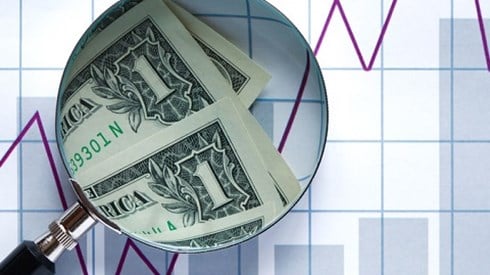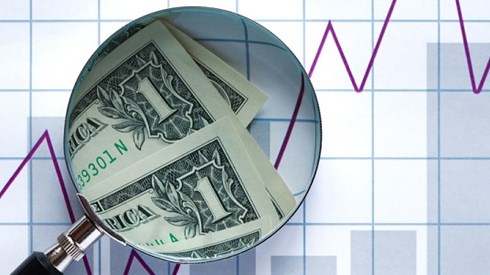Bermuda Captive Conference Panel Sees Differences in this Hard Market

September 11, 2020

The current hard insurance market is markedly different from previous hard markets, and it has its basis in trends that have been developing for years, according to one panel of experts.
Speaking as part of a session titled "Insights on a Hardening Market—Is There an End in Sight?" during the 2020 Virtual Bermuda Captive Conference, Al Gier, global director, corporate risk management and insurance, at General Motors Company, said this hard market is distinctive in that it's hit all major coverage lines and because of the velocity with which it's developed.
"2020 is not the start of this hard market," said Judy Gonsalves, division president at Chubb Bermuda. She noted that excess property is entering the third year of rate increases, excess casualty is in the second year in the Bermuda market, and financial lines are 15 months into hardening.
"This is the result of years of prolonged loss severity and frequency across multiple lines of business," Ms. Gonsalves said, as well as decades of loss trends exceeding the premium insurers were charging.
"This is a market where capacity is available; it's just going to be deployed at the right price and adequate rates," Ms. Gonsalves said.
"In some lines of business, rates are moving in the right direction, and over time they'll achieve adequacy," Ms. Gonsalves said. "Over time, rates will ease off in some lines of business. I think they've got a long way to go in others."
On top of the hard insurance market, both insurance buyers and insurers are dealing with operational issues related to the COVID-19 pandemic.
"It's the old story of the perfect storm hitting the market and hitting risk managers at this particular time," Mr. Gier said.
Multiple panelists noted that the inability of insurers and buyers to meet face-to-face because of the pandemic has further complicated navigating the hard market.
Normally, insurers would have an opportunity to explain their case with data about why they're doing what they're doing. "Over the last several years, we've had deteriorating loss results. There are low interest rates," said Patrick Tannock, chief executive officer, insurance operations, at XL Bermuda. "There are reasons why we're doing what we're doing. But we've got to make sure we do it with data.
"The fact that everything has to be conducted virtually doesn't really help much," Mr. Tannock said.
Under the circumstances, it's important that participants on both sides of the insurance transaction try to understand the other's position, said John Turner, chairman of Ed Broking Bermuda. "I think really a key thing is an understanding from all the different perspectives.
"What do the clients need to achieve, and what does the market need to achieve?" Mr. Turner asked.
Some classes of business are more difficult than others, but Mr. Turner recommends that buyers take the time to understand what markets are trying to achieve.
The panelist said they're seeing captive insurance companies taking larger and sometimes new roles as their parents look to address the hard market.
"We're all about spreading risks, and that's one of the things the captive allows us to do to our global operations," Mr. Gier said. "This is maybe a time where the captive has to step up and not be too conservative.
"This is really a time where the captives really have to prove their benefit to the greater organization, and that can be maybe taking on more risk than they have in the past," he said.
General Motors' ability to make greater use of its captive insurer has allowed the company to push back a bit on insurance markets, Mr. Gier said.
Ms. Gonsalves said she's seen clients interested in using their captives to fill gaps at higher coverage layers where they've lost capacity in the traditional market.
Using captive insurance companies in unique ways to access reinsurance markets can be another way to find additional capacity in a hard market, said Mr. Turner. "It's just how we use the reinsurance market in a more innovative way, and there are ways that that can be done," he said.
September 11, 2020




